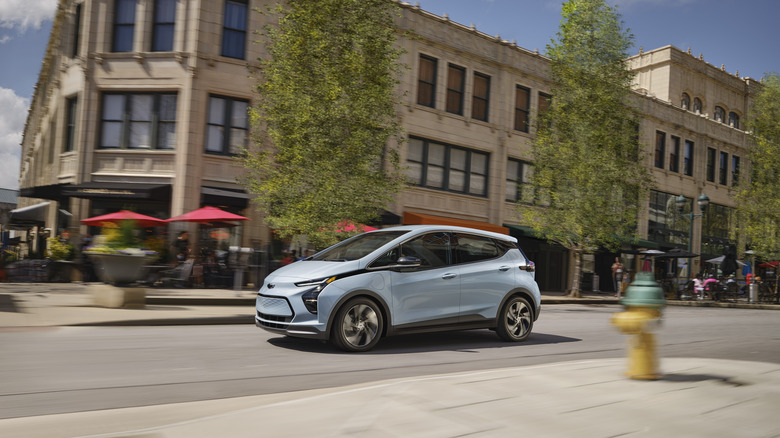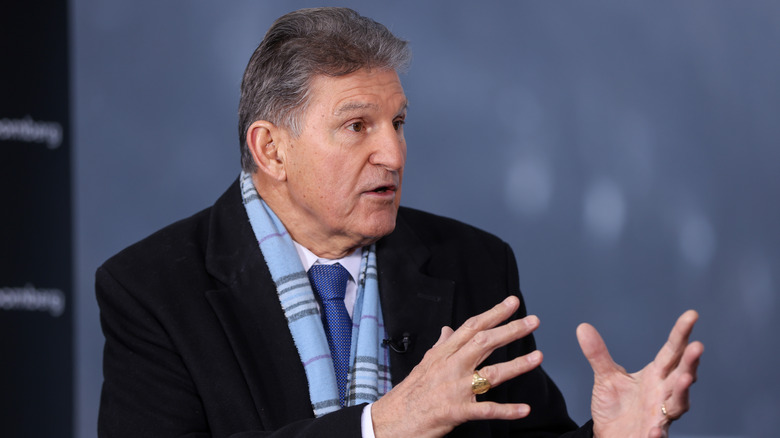Electric Car Buyers In 2023 May Have To Pay Back Their US $7,500 Tax Credit
The Inflation Reduction Act passed last year made a $7,500 tax credit available to anyone who purchased an electric vehicle that met certain criteria. Unfortunately, that criteria was less than clear, and the list of eligible vehicles was not always readily understandable, as per usual with vehicle legislation passed by the Federal Government. If your chief concern was price when shopping for an EV, the $7,500 tax credit would not only be incredibly helpful to your wallet, but also possibly your decision-making process as the credit made the Chevy Bolt EV one of the least expensive new vehicles for sale in the country.
According to the Autopian, the original language of the law stipulated that in order for an EV to be eligible for the credit, it needed to be completely manufactured in the United States and at least 40% of the battery material needed to come from countries where the United States has a free trade agreement. Now, the American Vehicle Security Act, introduced by Democratic U.S. Senator from West Virginia Joe Manchin, seeks to both halt the ongoing tax credit and possibly require car buyers how have already taken advantage of the credit to pay it back to Uncle Sam.
Sen. Joe Manchin's EV bill
A press release on Sen. Manchin's website states, in part: "It is unacceptable that the U.S. Treasury has failed to issue updated guidance for the 30D electric vehicle tax credits and continues to make the full $7,500 credits available without meeting all of the clear requirements included in the Inflation Reduction Act," Manchin wrote. "The IRA [Inflation reduction Act] and the EV tax credits must be implemented according to the Congressional intent to ensure the United States, as the superpower of the world, is not beholden to countries that don't share our values ... "
Per the Autopian, Sen Manchin told reporters that not only will the proposed Act halt the EV credits, but it may also require people who have already used these credits when buying a new EV to pay back. As of now, the bill is just in its proposal stage and needs to pass Congressional and Presidential muster before it's passed into law.

